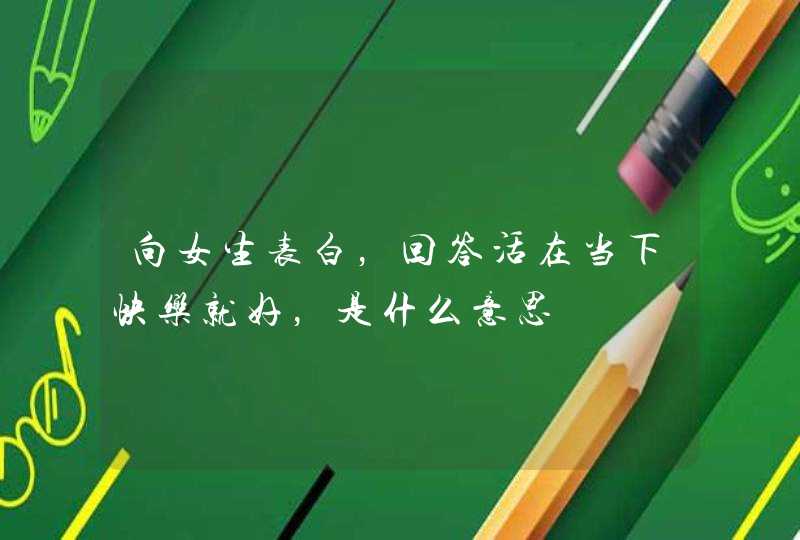读音规则 1) 重读音节(见元音和辅音的例句) 2) 非重读音节 [ ] banana, student, today, after, [i] orange, secret, evening, very, Monday 特殊读音 1)音的连读:前面的词以元辅音结尾,后面的单词以元音开头,这样结尾的辅音要和开头的元音连读。例如:not at all, half an hour, I love you and all after all 2)失去爆破:辅音爆破音或摩擦音后面跟的是爆破音、破擦音和摩擦等,前面的辅音要失去爆破。例如:good girl, good student, good job, expression, school, extreme 3)音的同化:两个特殊的音碰到一起,会发出变异成特殊的音。例如:Would you do it I am glad to meet you Can't you see it last year, this year, 重音 1)单词重音 A)双音节词 a)一般在第一个音节重读。letter, sorry b)有 a-, be-, de-, re-, res-, in-, im-, en-, em-, es-, ex-, con-, com-, dis-, mis-, pre-, per-, pro-, trans- 等前缀的词,第二个音节是重音。a'bout, be'lieve, ad'dress, de'cide, re'port, con'demn, res'pect, com'pare, in'form, dis'cuss, im'press, mis'take, en'force, pre'pare, em'ploy, per'mit, es'cape, pro'duce, ex'claim,trans'late c)有 de-, in-, re-, con-, pre- 等前缀的重音与词义和词类有关, 一般名词的重音在第一个音节上,其它的词性在第二个音节上。'record, re'cord; 'insult, in'sult; 'conduct, con'duct; 'present pre'sent; 'content, con'tent d)有些复合词和带有前缀 re-, ex-, un-, pre-, post-, 等的词,有两个重音。'out'side, 're'tell, 'well-'known, 'un'real, 'fif'teen, 'Chi'nese, 'pre-'war, 'post-'war B)多音节词 a)一般倒数第三个音节是重音。'difficult, 'communist, 'family, e'conomy, oppor'tunity,de'mocracy b)有一些双音节词,加了前缀和后缀成了多音节,但这些词按原来词根的重音读音。'carefully, in'definite, 'comfortable, con'ductor, ac'cording, dis'turbance, 'complicated,es'tablishment, c)词尾有-eous, -grahpy, -ial, -ian, -ic, -ics, -ience, ient, -ify, -ion, -ious, -ity, ive 后缀的词,重音在这些后缀的前一个音节上。cour'teous, cal'ligraphy, edi'torial, his'torian, peri'odic, mathe'matics, ex'perience,suf'ficient, i'dentify, trans'lation, re'ligious, curi'osity, pro'tective d)词尾有 -ain, -ee, -eer, -ese, -ette 后缀的词,重音在该后缀上,而且有一个次重音。enter'tain, emplo'yee, mountai'neer, Japa'nese, ciga'rette 2)句子重音 A) 英语的节奏:(轻)-轻-重-轻-(轻)或重-轻-(轻)(轻)重 B) 英语句子的长短:是由句子中的重读词的数目决定的,而不是象汉语那样由句子中的汉字数目决定的。 C) 实词重读(副词重读),虚词轻读(冠词,单音节介词,单音节连词,人称代词,反代词,物主代词,关系代词,相互代词,助动词,情态动词和系动词be D) 实词不重读的特殊情况 a) 实词第二次出现 He thinks of that as a child thinks b) 一个名词被第二个名词修饰 I met her in the railway station c) 代替词 Which book do you want The small one d) 感叹词中的 what 和how What a good day it is! How beautiful she is! e) street 在专有名词中 Wangfujing Street f)this在这些短语中,this morning/afternoon/evening E)虚词重读的特殊情况 a) 情态动词,助动词和系动词be在句首,句尾和否定时。Do you like it Yes, I do Are you a doctor Yes, I am Can you help me Yes, I can I don't like you He isn't a worker b) 情态动词表示可能,惊奇和肯定时。They may come this evening Can it be five already He must be in the room c) 介词在句首和句尾。In the box, he found a letter He is the person I talked with d) 引导复合句的连词在句首。If you wish, I'll visit you When he comes, I'll tell him e)反身代词表示强调。He couldn't come himself 本解释来自网页
th
的发音其实不难,就像音标里画的那样的嘴型
把舌尖放上下牙齿之间发音,就像中文拼音“de”,只是“de”是把舌尖放上排牙齿后,我刚到美国时候听到大家说“thank
you”就是有点觉得之前读什么也不懂,有点"DANK
you”的音,希望能帮到你
美语英语的不同很多
发音上的不同满明显的
跟the这个发音规则在美语里很像的还有neither
而且美国不同地方不同城市发音也有不同,跟咱口音似的
只要不严重方言,不要怕人家听不懂(顶多嘲笑下= =+)
如果你是练听力应付考试的话,就什么考试听什么听力就好了
以上就是关于The的读法规则全部的内容,包括:The的读法规则、the的读音规则,我很头疼一直发不好这个音,该怎么办啊、美语口语中the 的发音规则等相关内容解答,如果想了解更多相关内容,可以关注我们,你们的支持是我们更新的动力!


